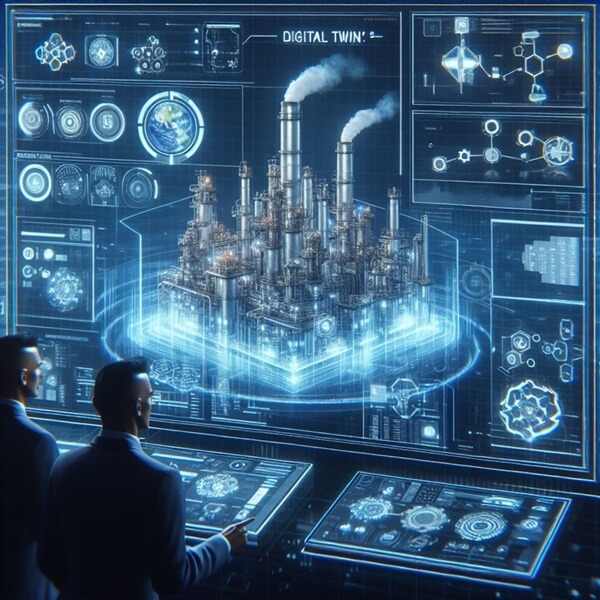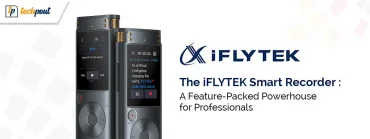Pioneering Innovations in Industrial Automation

Brazil, a Latin American powerhouse with the seventh largest global economy, is committed to excelling in Industry 4.0, the new industrial era driven by the convergence of technologies such as artificial intelligence (AI), robotics, Internet of Things (IoT), and Big Data. This revolution is redefining production, consumption, and interaction standards worldwide.
Although investment in Research and Development (R&D) in Brazil has increased in recent years, it still falls short of what is needed to position the country as a leader in Industry 4.0. Data from the World Bank and the Ministry of Science, Technology, and Innovation (MCTI) show that R&D investment as a proportion of Brazil’s GDP increased from 1.03% in 2010 to 1.2% in 2020. However, these numbers still lag behind investments made by developed countries such as South Korea (4.3% of GDP in R&D) and Israel (5.2% of GDP in R&D). Compared to other countries in Latin America, Brazil also trails behind Chile (2.1% of GDP in R&D) and Argentina (1.5% of GDP in R&D).
Despite these challenges, Brazilian professionals are making their mark on the global industry with their innovations. One of these visionaries is Thiago Cannabrava de Sousa, whose extraordinary skills have indelibly influenced the scientific, academic, and business sectors.

At the core of Sousa’s impact lies a series of patents representing the pinnacle of innovation. His pioneering work addresses critical issues, with his patents promising transformative changes in the automotive industry. One such patent, titled “Automated System and Method for Weld Point Inspection and Computer-Readable Storage Medium,” introduces a revolutionary approach to quality inspection in automobile manufacturing. Using computer vision systems with artificial intelligence, Sousa’s method optimizes the inspection process, replacing conventional ultrasonic technologies with cutting-edge solutions. Collaborative robots, working autonomously or in conjunction with human operators, further enhance efficiency and standardization, raising industry competitiveness and safety standards.
Furthermore, Sousa’s patents demonstrate a deep integration of Industry 4.0 concepts, especially the use of ‘Digital Twins’ technology. This sophisticated approach allows real-time simulation of industrial processes, offering valuable insights for optimization and decision-making. In the realm of machining processes, another of Sousa’s patents, “In-situ Deviation Compensation for CNC Machine Tools,” promises to revolutionize precision engineering. By customizing compensation for insert wear in machining processes, this patent holds the key to greater competitiveness and efficiency, saving resources and avoiding costly rework.
In recent years, the industrial automation landscape has undergone significant transformations worldwide, driven by rapid technological evolution and the relentless pursuit of greater efficiency, productivity, and competitiveness. In this context, it is crucial for Brazilian professionals to stand out in the industrial automation field for a host of reasons that impact not only the country’s economic development but also global progress in the sector.
Brazil, with its vast industrial potential and talented human resources, stands at a unique juncture to become a leader in Industry 4.0. The integration of technologies such as artificial intelligence, robotics, and the Internet of Things into the Brazilian industry can boost productivity, efficiency, and competitiveness, paving the way for a more prosperous and sustainable future.

However, to achieve this goal, it is crucial to invest in Research and Development (R&D), strengthen education and professional qualifications, and create an environment conducive to innovation. The government, private sector, and educational institutions need to work together to overcome challenges and ensure that Brazil is at the forefront of the next industrial revolution.
In this scenario, professionals like Thiago Cannabrava de Sousa play a pivotal role. His expertise, creativity, and commitment to innovation position him as one of the leading representatives of Brazilian automation. Sousa’s patents demonstrate a deep understanding of the challenges and opportunities of Industry 4.0, and his innovative solutions have the potential to transform the automotive industry and other sectors.
The future of automation in Brazil is promising but requires a concerted effort from all stakeholders. By investing in talent, technology, and infrastructure, Brazil can establish itself as a global hub of innovation and prosperity in the era of Industry 4.0. Thiago Cannabrava de Sousa’s story is an inspiring example of what can be achieved when talent, dedication, and innovation come together to build a better future.


